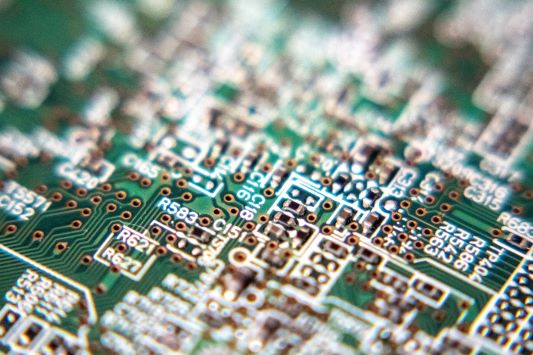Electronics vs Instrumentation: A Comparative Analysis for the Modern Technophile

The world of technology is vast and diverse, with myriad fields and specializations that cater to a wide range of interests and career aspirations. Two such fields that often spark debate among tech enthusiasts are electronics and instrumentation. The question often arises: which is better, electronics or instrumentation? This article aims to delve into this question, providing a comprehensive comparison of these two fields in terms of their scope, applications, career prospects, and future trends.
Electronics, in its broadest sense, is the study and application of electrical devices and circuits. It encompasses a wide range of applications, from consumer electronics like televisions and smartphones to complex systems like radar and satellite technology. On the other hand, instrumentation is a specialized branch of electronics that focuses on the design and maintenance of devices used to measure, monitor, and control physical quantities in a variety of industries.
When it comes to the scope of study, electronics offers a broader perspective, covering a wide range of topics from basic circuit theory to advanced digital systems. Instrumentation, while narrower in focus, offers a deeper understanding of specific systems and devices used in industries like manufacturing, healthcare, and energy production.
In terms of practical applications, both fields have significant contributions. Electronics has revolutionized the way we live, work, and communicate, with devices like smartphones, computers, and home appliances becoming integral parts of our daily lives. Instrumentation, on the other hand, plays a crucial role in ensuring the efficiency, safety, and reliability of industrial processes, contributing to advancements in fields like automation and process control.
Career prospects in both fields are promising, with a steady demand for skilled professionals. Electronics engineers can find opportunities in sectors like consumer electronics, telecommunications, and information technology, while instrumentation engineers are sought after in industries like oil and gas, power generation, and manufacturing.
Looking at future trends, both fields are poised for significant growth. The electronics industry is set to be driven by advancements in areas like 5G technology, artificial intelligence, and the Internet of Things. Instrumentation, on the other hand, is expected to benefit from the increasing adoption of automation and smart technologies in various industries.
In conclusion, the question of which is better, electronics or instrumentation, is largely subjective and depends on one's interests, career goals, and the specific context. Both fields offer exciting opportunities for learning, application, and career growth. It is advisable for aspiring professionals to explore both fields in depth, considering factors like their personal interests, the skills they wish to acquire, and the kind of work they envision themselves doing in the future.
